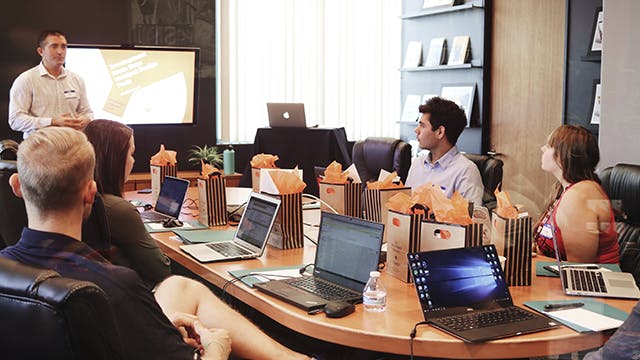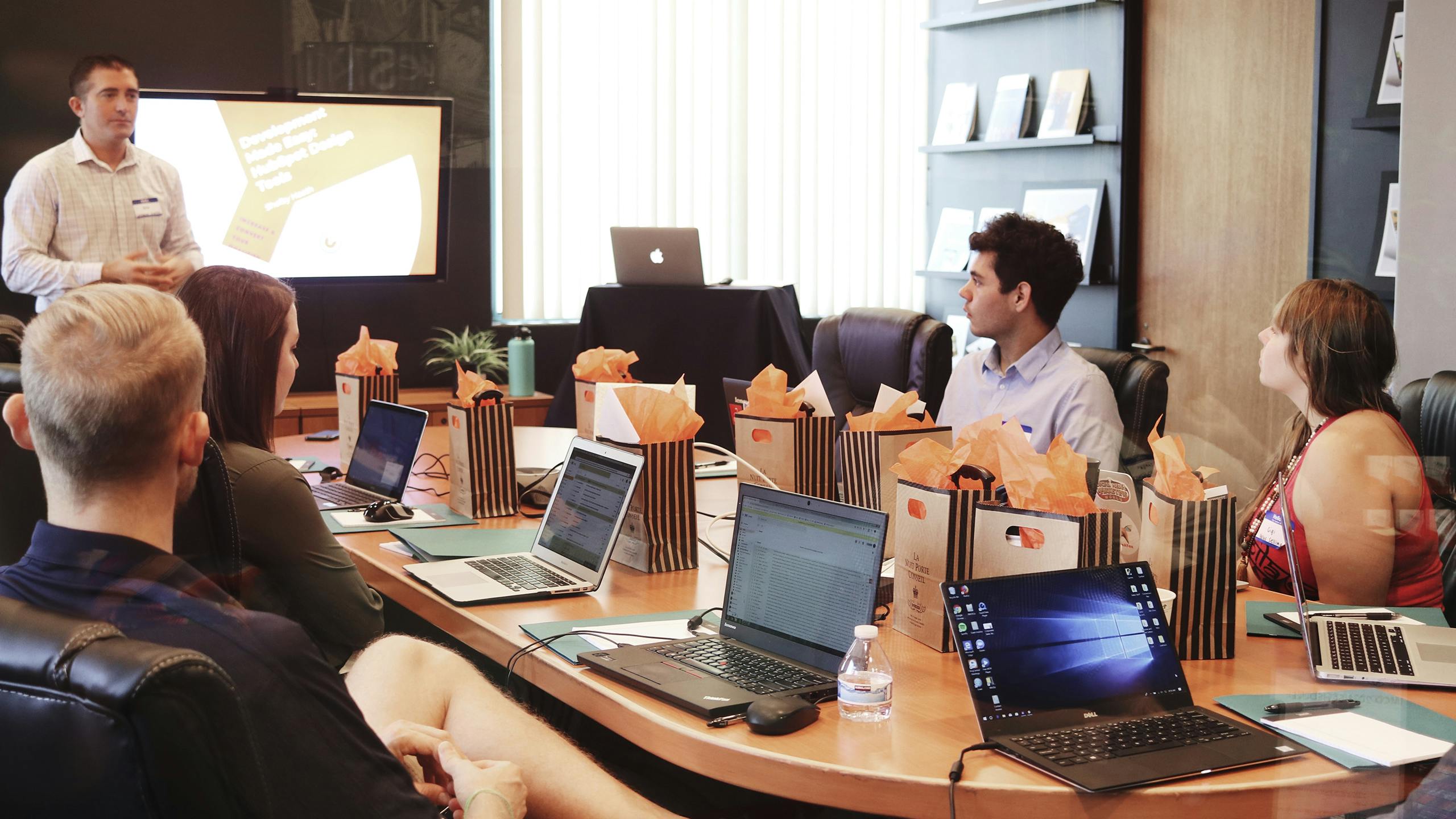5 killer reasons to look at in-house training
5 killer reasons to look at in-house training
Whether you’ve got targets to reach and a small fundraising team who are keen but under-resourced, or you’re a large charity entering new waters with a Bequest or Major Donor program, here are 5 key reasons to consider training for your fundraising staff.
“Training helps you build capacity in-house“
Upskilling your team with training is a great way to build internal capacity. It helps make sure they have a sound knowledge of the basics, so they can move on to addressing any burning issues they may have.
Training as a group shows people that other members of their team have a lot to offer. Often people find that their colleagues have similar issues, questions, or challenges as they do.
In the havoc getting appeals out, dealing with donors, writing reports, etc, it can be hard for the team to find time to get together and nut out top-line issues. Spending a day or a half day in training can be an effective way to get your team on the same page, leaving them better equipped to make decisions together.
Often people discover that another team member has already found a solution to their problem. They've just never been in the same room to talk about it before. This can be especially true in larger charities where the fundraising, IT, and marketing teams don’t work closely together.
“Training will boost confidence“
Training helps your team gain confidence in what they’re doing. And when they know what they’re doing, they’ll spend less time second-guessing themselves and know where best to focus their energies.
Training also shows your team what they do already know, where the gaps in their knowledge may be, and how to fill them. Team members new to your organisation or to their role will have a chance to find out more about their role and ask questions in a safe space.
“Training is a great way to stretch resources“
In-house training is a very cost-effective way to upskill your team and reduce the need to hire consultants or outside contractors. You may not be able to afford a full-service agency, but training can bring many of those skills in-house. Stretching your resources that much further.
In any case, the more your staff know about content, design, and strategy, the more you’re likely to get out of existing suppliers. Your team will be better equipped to brief effectively and critique what they’re getting back.
Many staff may also have skills, knowledge, and experience that they would love to use in their current role. Training will help you to identify what these are and build on individual team members’ areas of interest.
Training can also help identify gaps in your team’s skillsets and allows you to pinpoint the best areas on which to expend resources. For example, hiring an outside copywriter or designer for main appeals. Or getting specialist help for digital or major donor appeals while your team handles smaller, ‘shoulder’ appeals.
“Your staff will gain valuable sector insights“
It can be so easy for the fundraising team to get caught up in each appeal and whether results are up or down. It’s harder for them to have a big-picture perspective because they aren’t exposed to many other charities’ approaches. That’s why people love attending conferences – to gain an insight into what’s working for other charities.
Using an outside trainer can be very helpful in terms of finding out more about best practice in the sector. Because heart for causes has worked with hundreds of charities over the past 14 years, we’ve developed a pretty good nose for what’s working and what isn’t. What’s a gimmick and what’s actually worth trying out.
Trainers are also likely to have some knowledge of the latest commercial trends. They can then bring those insights to your team in a group environment, giving them an outsider perspective on what’s happening in the sector.
Training is also an opportunity to identify areas where your organisation could have some quick wins. For example, focusing on having on a good thank you letter, emotional storytelling, or planning for the year.
“Your staff will have a sounding board“
The other advantage of using an outside trainer to upskill your team is that you'll have an ongoing, independent resource to draw on in the future. Trainers can be a sounding board to help ensure the team has understood what they’ve learnt and implemented it well.
They can also come back and do top-up training as needed – for example when new staff come on board or there is a change of leadership, or to share their expertise for specific appeals or when working on special projects like Bequest programs.

